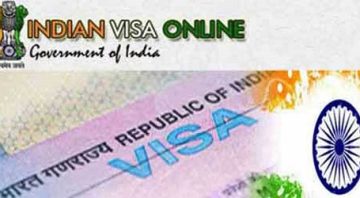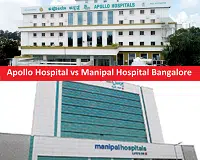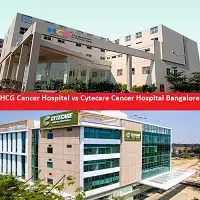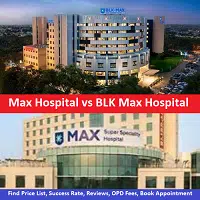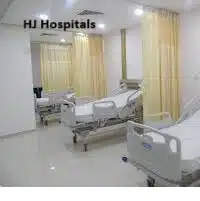The Bone Marrow Transplant Journey
Pre-transplant preparation
The pre-transplant preparation involved several medical tests and evaluations to ensure that Samira was healthy enough to undergo the transplant. The medical team at BLK hospital conducted a thorough evaluation of her medical history, conducted blood tests, and performed a biopsy to determine the extent of her cancer. In addition, they also ensured that Samira was physically fit for the transplant, and she underwent several rounds of chemotherapy to prepare her body for the transplant. Financial arrangements and visa processes were also critical aspects of the pre-transplant preparation.
Arrival in India
The journey to India was not easy for Samira, who was traveling overseas for the first time. However, the medical team at BLK hospital ensured that her journey was as comfortable as possible. They arranged for her travel and accommodation, and the hospital staff were present at the airport to receive her.
Transplant process
Samira’s bone marrow transplant journey started with an initial consultation with the hematologist and oncologist at BLK Hospital in Delhi. Once the doctors confirmed that she was eligible for the procedure, Samira underwent chemotherapy to destroy the cancer cells in her body and make way for the new bone marrow.
Following chemotherapy, Samira underwent a bone marrow transplant operation in which healthy bone marrow stem cells from a donor were used to replace her damaged bone marrow.
The bone marrow transplant procedure was conducted under general anesthesia, and the transplant surgeon made a small incision in Samira’s hip bone to collect the bone marrow stem cells. The collected stem cells were then infused into Samira’s bloodstream through a vein.
Post-operative care and Recovery
The post-operative care and recovery phase of the transplant process were the most challenging for Samira. She experienced severe side effects such as nausea, vomiting, and fatigue, which are common after transplant surgeries. However, the medical team at BLK Hospital provided her with round-the-clock care and attention, ensuring that she had a comfortable recovery.
The recovery process was slow, but Samira gradually began to regain her strength. She was prescribed several medications, including immunosuppressants, to prevent her body from rejecting the new bone marrow cells. The medical team also monitored her progress regularly, conducting tests and check-ups to ensure that her body was responding well to the new cells.
Follow-up Care
Following the bone marrow transplant, Samira needed to continue visiting her transplant team for regular check-ups to monitor her progress. She was also instructed to lead a healthy lifestyle that included eating well and exercising frequently to strengthen her immune system.
Conclusion:
Samira’s bone marrow transplant journey to BLK Hospital in Delhi was a life-changing experience. The transplant procedure and post-operative care were managed effectively by the doctors, and Samira’s recovery was successful. Her story is a testament to the importance of early diagnosis and treatment for blood and bone marrow cancers. With the right care and support, patients like Samira can overcome their illness and lead healthy and fulfilling lives.
